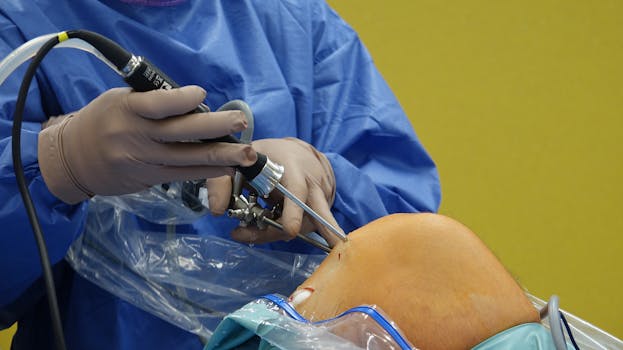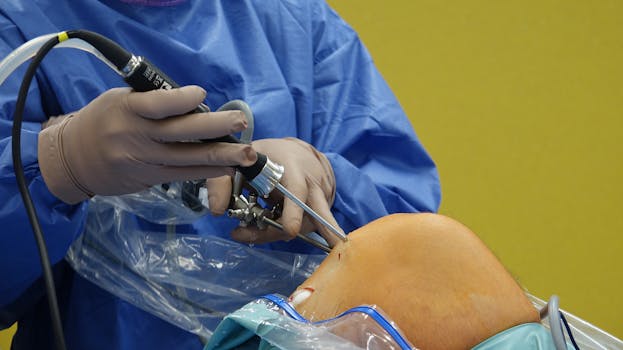People often ask, is protein considered a carbohydrate — and the short answer is no. Proteins and carbohydrates are distinct macronutrients with different structures and roles in the body. While both can provide energy, proteins primarily build and repair tissue and support immune and hormonal functions, whereas carbs are the body’s preferred quick energy source. This article breaks down how carbs and protein interact, why the body processes them differently, and practical tips to balance them for health.
Are proteins carbohydrates? A clear biochemical distinction
Proteins are made from amino acids linked in chains; carbohydrates are sugars, starches, and fibers composed of carbon, hydrogen, and oxygen. The comparison of carbs v protein highlights that proteins are not carbohydrates, though under certain metabolic conditions parts of protein can be converted to glucose. Understanding glucose and carbohydrates helps explain how intake of carbs to glucose conversion affects energy and blood sugar, while protein and fat serve different structural and storage roles.
How carbs work: conversion and timing
When you eat carbohydrates, many are broken down into simpler sugars. The process of carbs turn to sugar is a normal digestive function—complex carbs break into glucose more slowly than simple carbs. The idea of carbs to glucose is key for people managing energy and blood sugar: fast-acting carbs and sugar spike blood glucose more quickly, while fiber slows absorption.
Protein’s role: more than energy
Protein and fat both serve functions beyond immediate energy. Protein supports muscle repair, enzymes, and hormones; fat provides long-term energy storage and insulation. In some cases, amino acids from protein can be used to produce glucose (a gluconeogenesis process), but this is not the primary role of dietary protein. When considering carbs and protein together, many athletes and dieters blend the two to improve recovery and satiety.
Practical differences: carbs and sugar versus protein
As you compare carbs and sugar to protein, remember that not all carbs are equal. Whole grains, fruits, and vegetables offer fiber and micronutrients, unlike refined sugars. The question what do carbs do to your body is answered by noting carbs provide fuel for brain and muscles, replenish glycogen stores, and support metabolic processes. If you’re wondering why do you want more carbs than fat in some situations, it’s often because carbs restore glycogen faster after exercise and support high-intensity activity more effectively than fat.
When the body converts nutrients
Under calorie deficit or low-carb diets, the body increases use of fat and protein for energy. This is where carbs v protein metabolism differences matter: while fat breaks down into fatty acids and ketones, protein can supply substrates for glucose production, but that is metabolically costly. The balance between carbs and protein affects appetite, muscle maintenance, and long-term health outcomes.
Benefits, risks, and balancing macronutrients
Eating balanced portions of carbs and protein can improve satiety and blood sugar control. Combining carbs and protein at meals slows glucose absorption, reducing sharp spikes. However, excessive refined carbs and sugar increase risk for insulin resistance and weight gain. Too little protein may lead to muscle loss, while too much can stress kidneys in susceptible individuals. For most people, a mix of whole carbohydrates, quality proteins, and healthy fats is optimal.
For people with diabetes or concerns about glucose regulation, learning how glucose and carbohydrates affect your body is essential. Wellness planning that accounts for carb quality, meal timing, and protein intake can reduce risks. For a deeper look at managing blood sugar and chronic conditions, see this comprehensive guide on diabetes and treatment considerations.
For practical guidance on recommended protein amounts and dietary context, authoritative resources such as the USDA provide detailed overviews of dietary protein and its role in nutrition: USDA dietary protein guide.
Tips for everyday eating
- Pair carbs with protein (for example, fruit with Greek yogurt) to blunt blood sugar spikes and enhance fullness.
- Choose whole-food carbohydrates—vegetables, legumes, whole grains—over refined carbs and sugar.
- Match carb intake to activity level: more carbs around workouts; more protein and healthy fats during rest or weight loss phases.
- Monitor portion sizes and prioritize lean proteins, plant proteins, and healthy fats for overall balance.
- Takeaways:
- Protein is not a carbohydrate; each macronutrient has distinct roles.
- Carbs convert to glucose and are the body’s quick energy source; protein supports structure and repair.
- Combining carbs and protein at meals improves blood sugar control and satiety.
FAQ: Is protein considered a carbohydrate?
No. Proteins and carbohydrates are chemically different. While amino acids can be converted into glucose in certain situations, dietary protein’s main functions are structural and functional rather than serving primarily as quick energy.
FAQ: Will eating protein make my blood sugar rise like carbs?
Protein has a much smaller direct effect on blood glucose than carbohydrates. Paired with carbs, protein can actually slow the rate at which glucose from carbs enters the bloodstream, helping stabilize blood sugar.
FAQ: How should I balance carbs and fat?
Balance depends on goals and activity. For endurance or high-intensity exercise, you may need more carbs; for weight management or low-activity periods, slightly higher protein and healthy fats can support satiety. Focus on quality sources of carbs, protein, and fats rather than strict exclusion.






